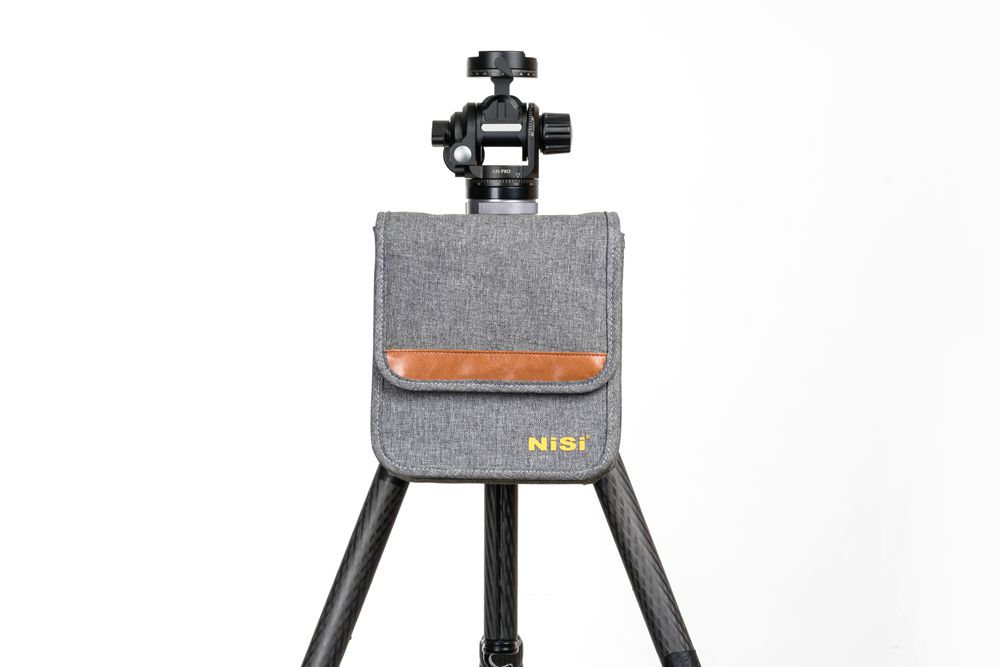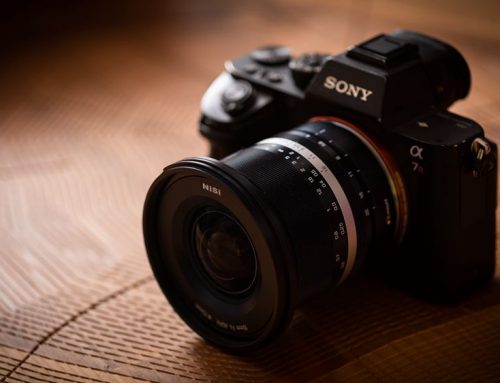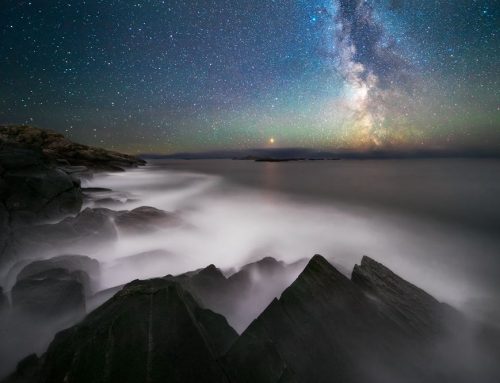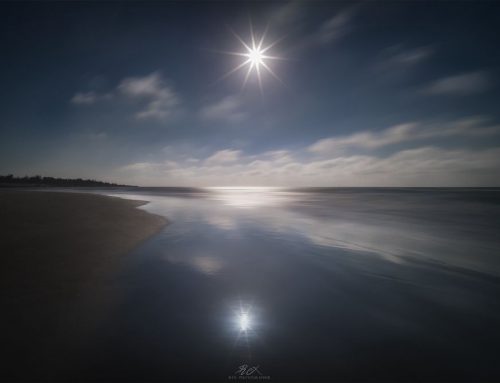Look after your filters!

- Filters can be easily damaged if not cared for.
- Make sure that after a shoot, residual grit and moisture are wiped or washed off. Stow filters away in clean storage: I prefer hard cases which leave no surface in contact with the centre of the filter over soft cases.
- During the shoot, use appropriate equipment to keep your filters clean such as blowers for large droplets, Kim wipes or microfibre cloths for fine moisture.
Assess each scene on its own merit

Though I shoot with some sort of filter for most scenes, there are calculated decisions when I choose to shoot free of encumbrance:
- Ask yourself how a filter will help create the vision you have in mind.
- Will a polariser remove unwanted reflections?
- Will a GND balance exposure without unwanted darkening of other elements?
- Will a long exposure approach suit the scene or would a shorter exposure lend itself better for a dramatic scene?
- Will the use of a filter demand a high ISO that degrades image quality?
Make sure you are completely comfortable with the technical aspects of using filters
- Ensure that you have achieved the appropriate focal point before placing a dense ND filter on.
- Make sure you have practiced setting up your filter kit frequently so that if brief lighting situations arise, you don’t miss the shot. It is also important to make sure that your filter kit is attached firmly so that there are no unwanted accidents such as filter kits falling off while shooting!

- Ensure that you bring accessories such as cable releases for exposures longer than 30 seconds.
- Ensure that you have an app (or really good mental arithmetic) to calculate an appropriate exposure duration when using ND filters.
- Make sure that there is no light leak in your setup and that your tripod has been set up sturdily and steadily.
NiSi 100mm Holder for Nikon Z 14-24mm F2.8S Z 7ii – First Look With Example Shots
by Dylan Toh





